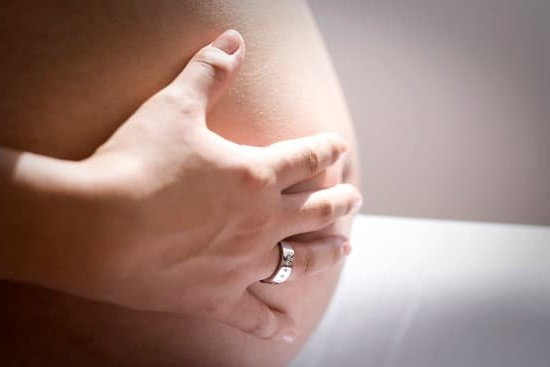Stomach Pain During Early Pregnancy
Nothing can prepare you for the plethora of aches and pains that come with being pregnant. One of those occasional, and often unavoidable, discomforts you may experience is abdominal pain during the early stages of pregnancy. It’s important to find out what causes these pain, and how to treat it for your and your baby’s safety.
Common Causes of Stomach Pain During Early Pregnancy
Stomach pain during early pregnancy is usually caused by one of the following:
- Constipation
- Gas and Bloating
- Uterine Pain
- Implantation Pain
- Miscarriage
Treatment Options for Stomach Pain During Early Pregnancy
There are several ways to help manage abdominal pain during early pregnancy.
- Monitor your diet: Avoid certain foods and drinks that can cause gas and bloating such as carbonated beverages, fried foods, dairy, and spicy foods.
- Stay hydrated: Drinking plenty of fluids helps to promote regular bowel movements, which can help alleviate some of the pain.
- Take stool softeners: For those struggling with constipation, take a stool softener or fiber supplement to help relieve the pressure.
- Exercise regularly: Regular physical activity can help keep your digestive system regular and help ease the pain.
- Practice relaxation techniques: Stress can worsen gastrointestinal issues. Incorporate stress-relieving techniques like yoga and deep breathing into your routine to help reduce cramping and discomfort.
When to Call a Doctor
In some cases, abdominal pain in pregnancy can be a sign of something more serious. If your pain is:
- Severe and persistent
- Accompanied by fever, chills, nausea or vomiting
- Worsened by movement
- Accompanied by lightheadedness
You should call your healthcare provider right away.
Conclusion
Abdominal pain in early pregnancy can be normal and expected, but in some cases it can signify something more serious. If the pain is mild and expected, it can be managed with dietary changes, exercise and relaxation techniques. However, if the pain is severe and persistent, you should call your healthcare provider right away.

Welcome to my fertility blog. This is a space where I will be sharing my experiences as I navigate through the world of fertility treatments, as well as provide information and resources about fertility and pregnancy.





